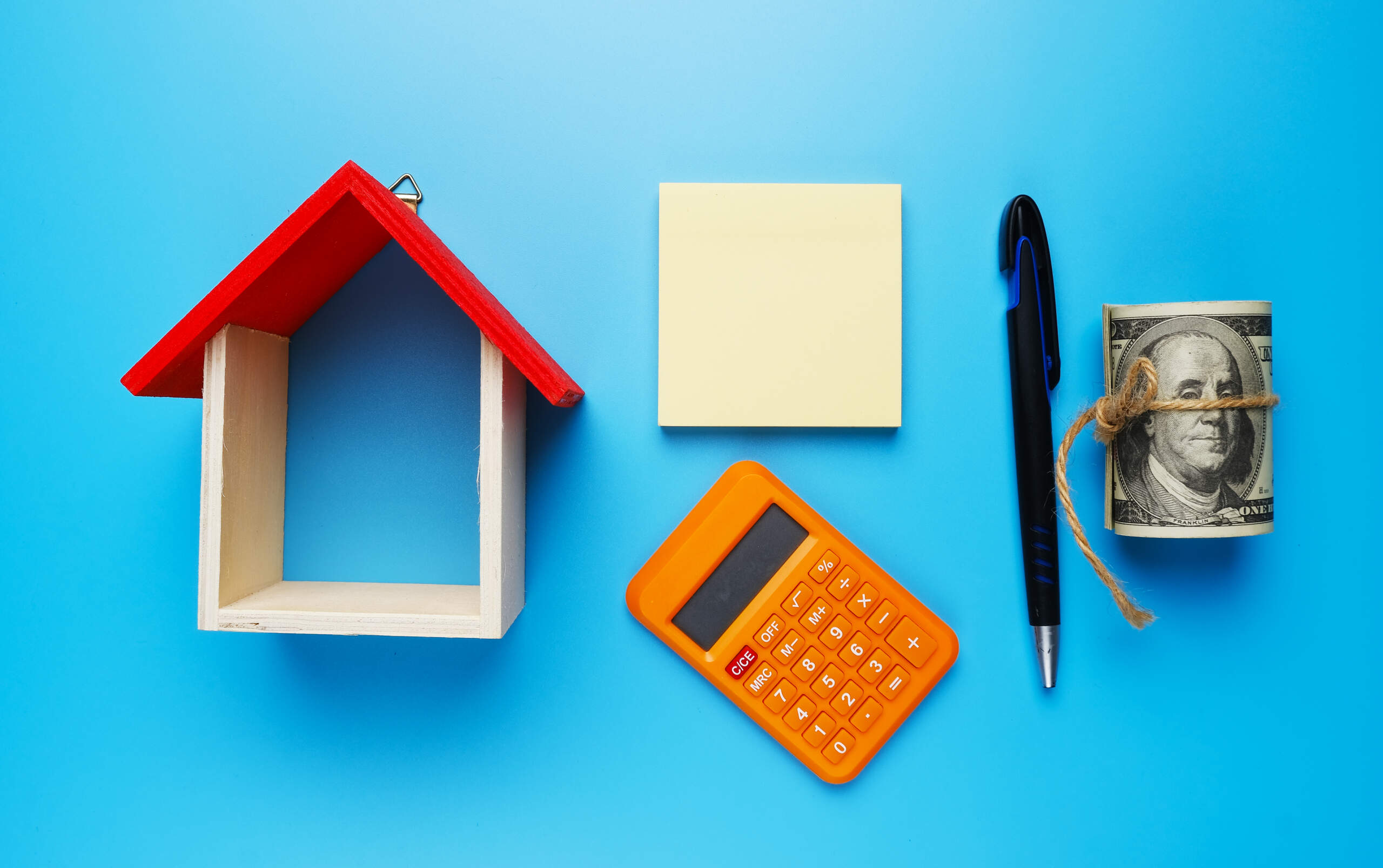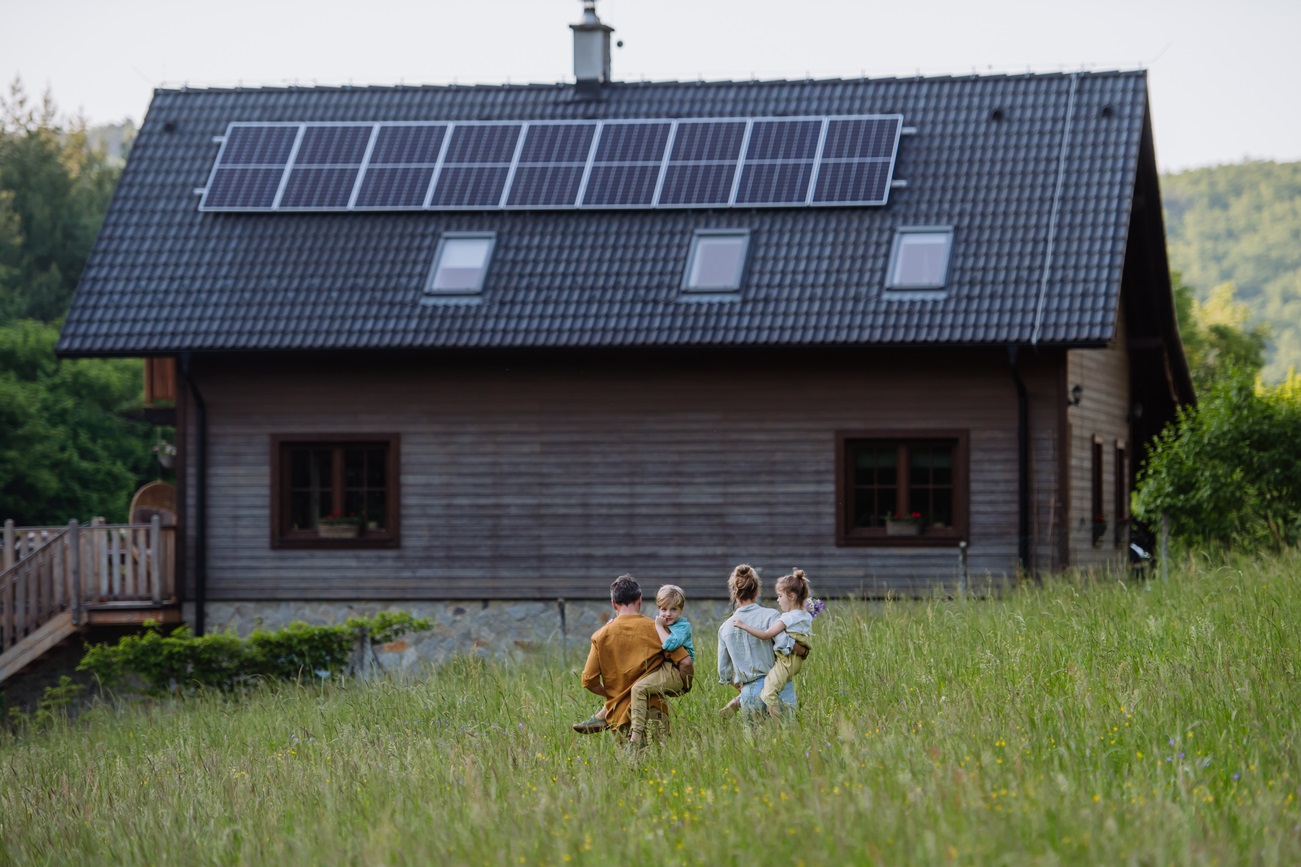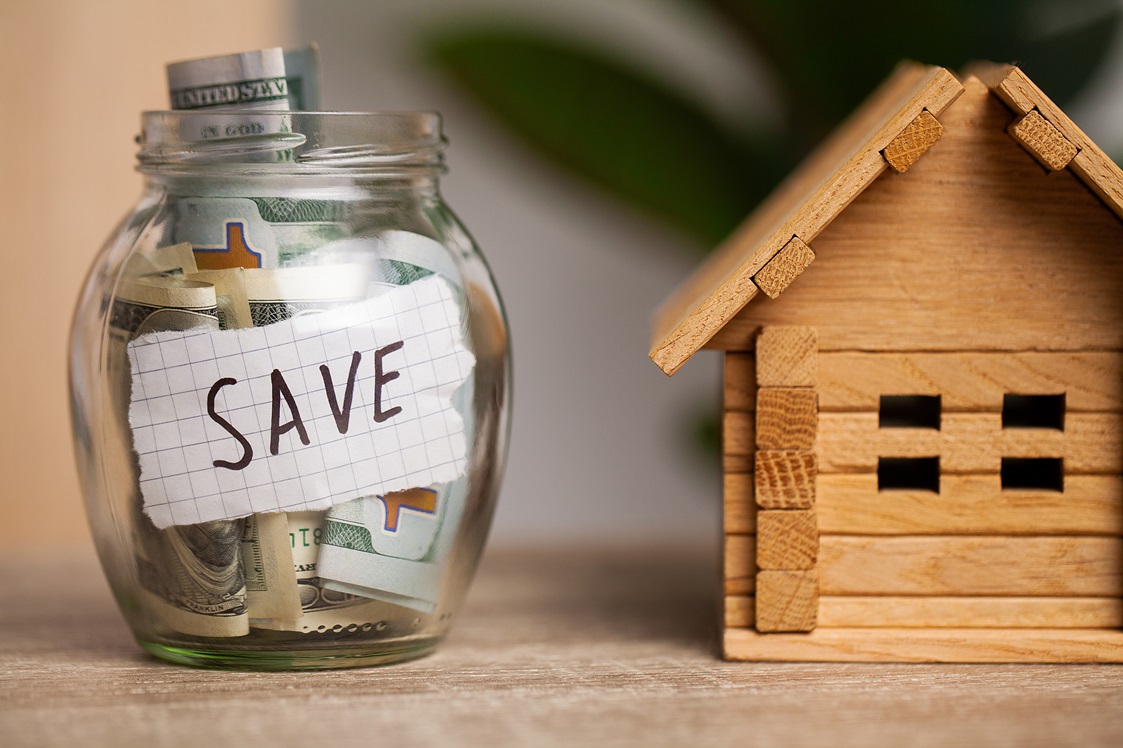Budgeting can be a powerful tool for first-time homeowners. Not only can it help you track your expenses, but it can also help you plan and save for the future. If this is your first time buying a house, you may be unsure of how to budget appropriately. You may have questions about the costs involved with homeownership or how much money to set aside for certain expenses. This guide will teach you everything you need to know.
Budgeting Guide for First-Time Homeowners
Buying your first home is an empowering experience. You get the opportunity to build equity, grow your personal wealth, and settle down in a place you love. But with great power comes great responsibility. Owning a home also means taking on additional expenses like maintenance costs, utilities, and repairs.
Budgeting can help you track and manage your expenses, allowing you to save money and make your payments on time. It can also help you plan and prepare for unexpected costs and set yourself up financially for the future.
28/36 Rule
When it comes to homeownership costs, a good rule of thumb for first-time homeowners to follow is the 28/36 Rule. According to this guideline, your total housing costs should not exceed 28% of your gross monthly income and your total debt payments should not exceed 36%.
Following the 28/36 Rule can help you stay on track with your financial goals. It’s also something important to consider before buying a home when you’re trying to figure out how much house you can afford.
Housing Expenses to Consider
In addition to your monthly mortgage payments, you’ll also want to account for other housing expenses in your budget. This includes initial expenses like costs associated with moving and furnishing your home as well as ongoing monthly expenses and future maintenance.
Moving Expenses
When buying a home, your downpayment and closing costs are the only expenses you should consider. You’ll also want to factor in the cost of moving into your new living space. Some potential moving expenses include:
- Travel costs
- Moving truck and packing supplies
- Professional movers
- Fees for starting new utilities.
- Purchasing appliances and furniture
Monthly Expenses
After you’ve settled in, you’ll also have ongoing expenses that you need to account for in your budget. Some of your monthly expenses may include:
- Mortgage payment
- Electricity, water, gas, trash, and sewer
- Internet and/or cable
- Property taxes
- HOA fees
- Landscaping and yardwork
Maintenance Costs
Figuring out how much money to budget for maintenance costs can be challenging because you never know when issues will arise. Experts recommend setting aside 1-4% of your home’s purchase price annually to pay for maintenance costs and unexpected repairs. Potential maintenance costs include:
- HVAC service
- Plumbing repairs
- Roof repairs
- Clean gutters
- Service hot water heater
- Pest control
Looking to Get Prequalified for a Home Loan?
We’d love to hear from you! Call our office today to begin your application!





